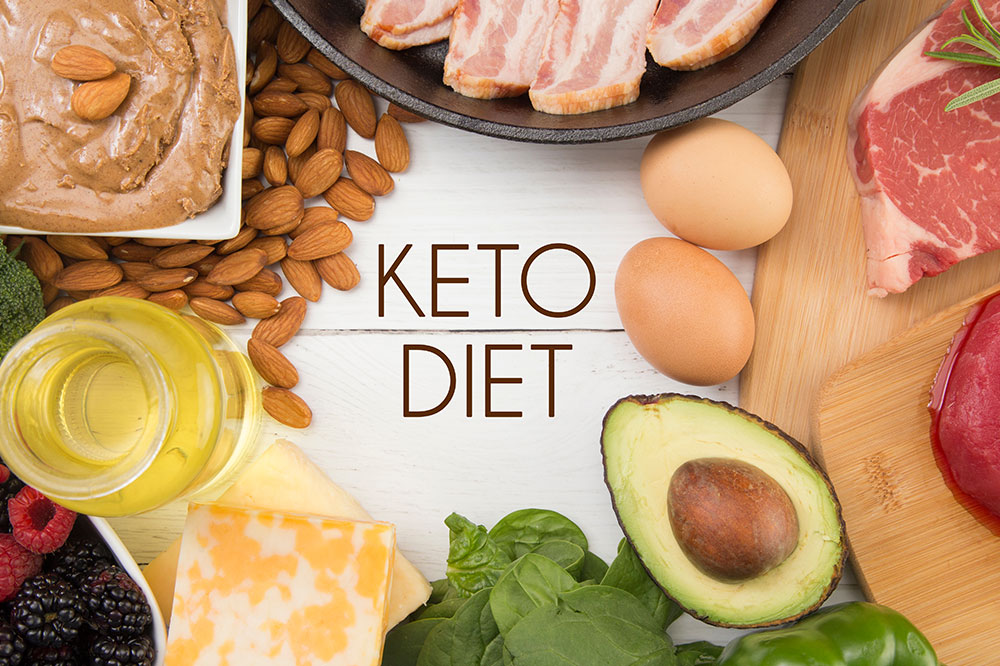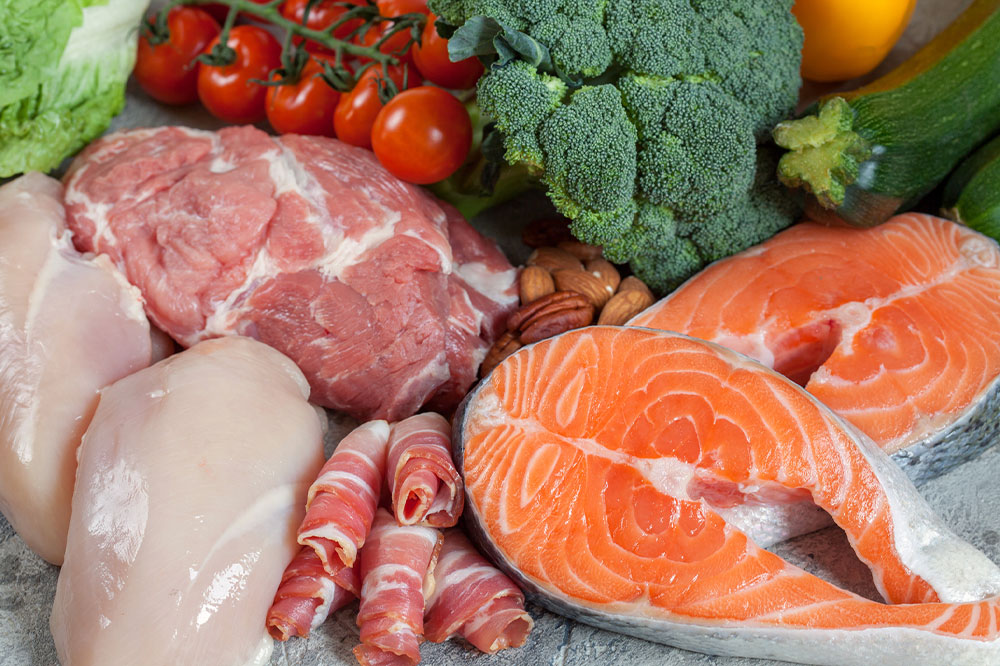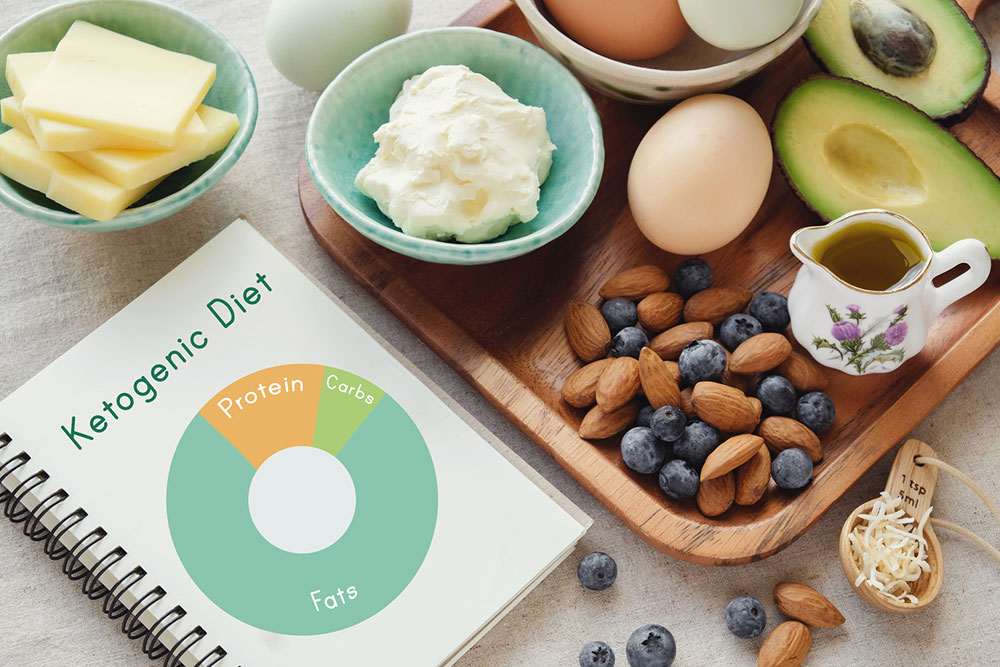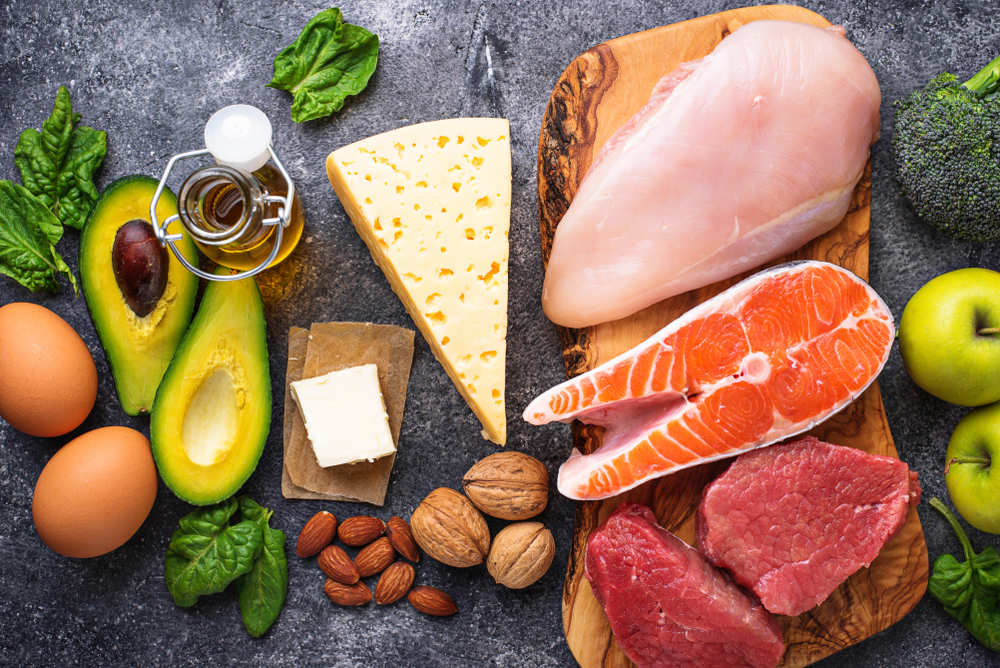Top 6 Essential Mistakes Beginners Should Avoid When Starting a Keto Diet
Embarking on a ketogenic diet offers numerous health benefits, but beginners often make common mistakes that hinder progress. This comprehensive guide highlights the top six pitfalls, including improper portion control, neglecting exercise, carb misjudgment, overeating, lack of vegetables and fiber, and meal monotony. Learn practical strategies to avoid these errors for a more successful, sustainable keto journey. Proper planning, varied meals, and mindful eating are crucial for achieving optimal health and weight management results with minimal setbacks. Start your keto journey right today!

Top 6 Essential Mistakes Beginners Should Avoid When Starting a Keto Diet
Starting a ketogenic diet can be a transformative journey toward better health and weight management. However, for those new to keto, navigating the dietary restrictions and lifestyle changes can be challenging. Many beginners encounter common pitfalls that hinder their progress, slow down weight loss, or even cause setbacks like nutrient deficiencies or keto flu symptoms. Understanding these frequent mistakes is crucial to creating a sustainable, effective keto lifestyle. In this comprehensive guide, we will explore the six most common errors made by keto newcomers and provide practical tips to avoid them, ensuring your journey is smooth and successful.
1. Incorrect Portion Control and Measurement
One of the foundational principles of a successful keto diet is precise portion control. While it might seem simple, many beginners underestimate the importance of accurately measuring their food intake. Overeating—even foods that are considered keto-friendly—can prevent fat-burning and stall ketosis. To maintain the metabolic state of ketosis, you need to monitor your daily carbohydrate intake carefully, usually limited to around 20-30 grams of net carbs per day. Weighing ingredients with a digital kitchen scale ensures you stick to recommended portions, preventing accidental consumption of excess carbs or calories.
Meal planning ahead of time helps in creating balanced meals that align with your calorie and macronutrient targets. For busy individuals, employing meal prep services or utilizing pre-portioned ingredients can streamline the process, making it easier to stay on track. Consistent portioning and measurement not only support weight loss goals but also help maintain a balanced intake of fats, proteins, and fibers essential for overall health and sustained ketosis.
2. Neglecting Regular Exercise
Relying solely on diet modification without incorporating physical activity can limit your keto success. Exercise plays a vital role in accelerating fat loss, improving cardiovascular health, and boosting overall well-being. Engaging in activities like strength training, brisk walking, yoga, or cardio routines helps your body adapt more efficiently to ketosis, enhancing fat oxidation and muscle preservation.
Physical activity also helps manage insulin sensitivity and glucose metabolism, which are crucial components of a successful keto transition. Even moderate exercise routines, if performed consistently, can significantly improve your results and prevent plateaus. Beginners should consider integrating regular workouts into their routine, gradually increasing intensity and duration, to complement their dietary efforts and optimize health benefits.
3. Misjudging Carbohydrate Intake
While the keto diet entails a significant reduction in carb intake, completely eliminating carbs isn't practical or sustainable. Most nutrition experts recommend consuming between 20-30 grams of net carbs daily—from select, high-quality sources. It's essential to distinguish between refined carbs and complex, nutrient-dense carbs like vegetables, nuts, and seeds.
Choosing the right carbs helps prevent hunger and cravings, commonly experienced when carb intake is too low or poorly managed. Low-carb vegetables such as leafy greens, broccoli, cauliflower, and zucchini are excellent options that support your diet goals without disrupting ketosis. Consistency in carbohydrate intake and tracking your daily consumption are key to avoiding spikes in blood sugar levels or ketosis derailment.
4. Overconsumption of Ketogenic-Friendly Foods
Even with keto-approved foods, overeating can hinder your progress. Many beginners fall into the trap of consuming excessive amounts of fats, proteins, or too many calories, believing that they won't gain weight because the foods are keto-friendly. However, calorie intake still matters—overeating, especially fats, can slow down or reverse weight loss.
It's important to practice mindful eating, paying attention to hunger signals and portion sizes. Incorporate a variety of foods, including lean proteins, healthy fats, and plenty of fiber-rich vegetables. Keeping track of your caloric intake and avoiding mindless snacking on high-fat, high-calorie foods helps maintain a caloric deficit necessary for weight loss while staying in ketosis.
5. Insufficient Intake of Vegetables and Dietary Fiber
A common mistake among keto beginners is neglecting fiber-rich vegetables, which are essential for digestion, gut health, and overall wellness. Many assume that all vegetables are high in carbs and should be avoided, but this couldn't be further from the truth. Incorporating low-carb vegetables like spinach, kale, broccoli, cabbage, and cauliflower helps provide essential nutrients and fiber.
Fiber supports regular bowel movements and helps regulate blood sugar levels. Filling half your plate with these vegetables ensures a nutrient-dense, balanced meal that promotes satiety and aids in weight loss. Additionally, fiber-rich foods can help prevent constipation and reduce the risk of nutritional deficiencies often associated with restrictive diets.
6. Repetitive Meals and Lack of Dietary Variety
Eating the same meals repeatedly can lead to boredom, decreasing motivation and making it easier to abandon your keto goals. To keep your diet enjoyable and sustainable, diversify your meal options. Experiment with different recipes, seasonings, and food combinations. Consulting with a nutritionist or following reputable keto recipe sources can provide inspiration for exciting, varied meals.
Meal prepping in advance allows you to plan a week's worth of diverse dishes, making it easier to stick with your diet while preventing monotony. Variety not only enhances dietary satisfaction but also ensures a broader spectrum of nutrients, supporting overall health and longevity on your keto journey.
7. Overreliance on Meal Delivery Services
For busy lifestyles, keto meal delivery services can be a valuable solution, providing pre-portioned, ready-to-eat meals that align with your dietary requirements. These services ease meal planning and preparation stress, ensuring you stay consistent and compliant with your keto goals.
Choosing reputable meal delivery options can save time, reduce the risk of accidental carb intake, and support your progress. However, it's essential to select services that emphasize quality ingredients and balanced macronutrients. While convenient, always supplement with fresh vegetables and hydration to maintain optimal health.
Conclusion
Starting a keto diet can offer remarkable health benefits when approached correctly. Being aware of the common pitfalls—such as improper portion control, neglecting exercise, misjudging carbohydrate intake, overeating, ignoring vegetables and fiber, meal repetition, and overdependence on meal services—can significantly enhance your success. Focus on balanced, mindful eating, incorporate regular physical activity, diversify your meals, and plan ahead. These strategies will ensure your keto journey remains sustainable, enjoyable, and highly effective. Remember, consistency and patience are key to achieving long-term health and weight management goals.





